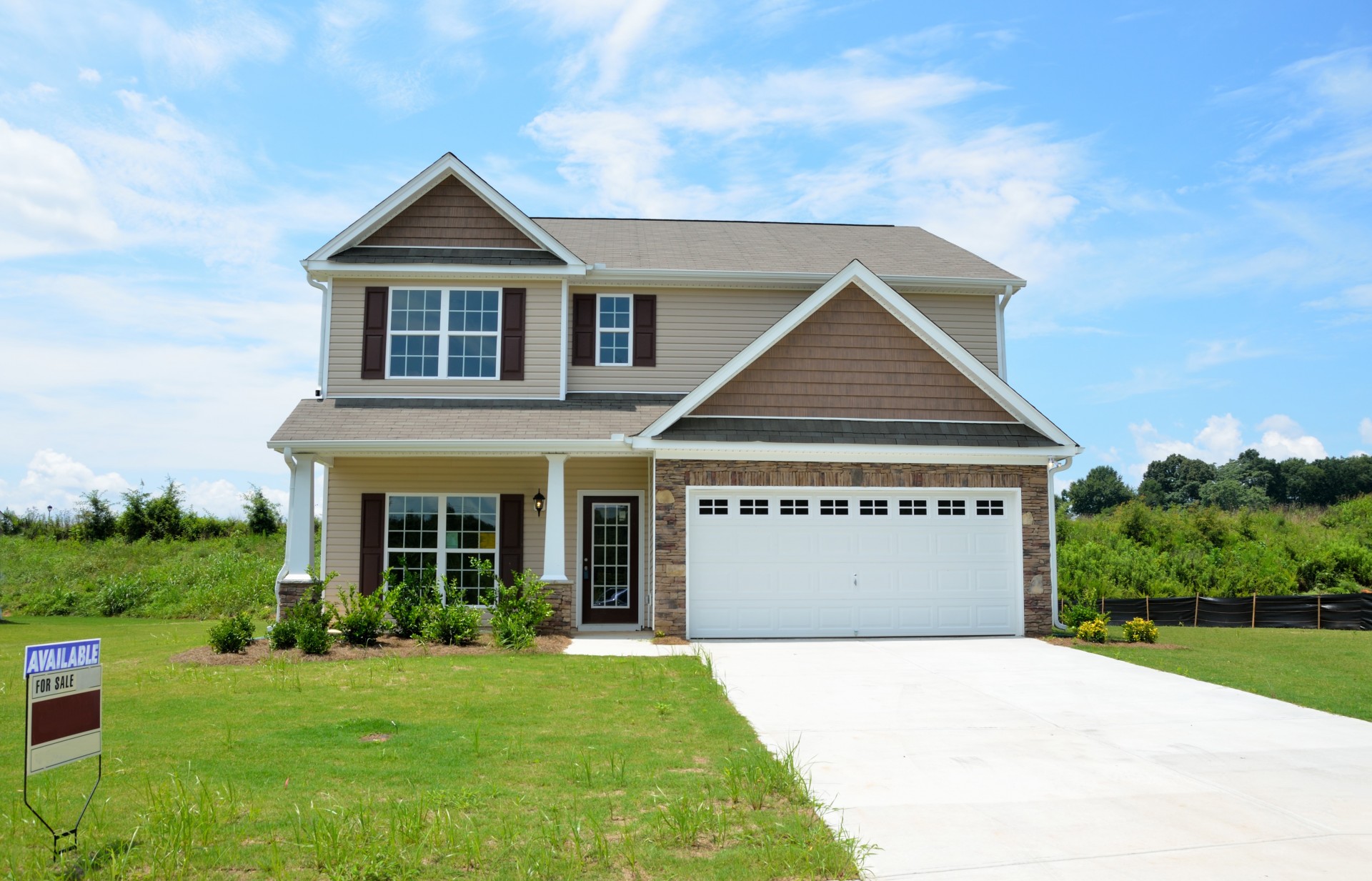Refinancing a mortgage can be a tempting option for homeowners, especially when interest rates drop significantly. It offers the potential to lower monthly payments, shorten the loan term, or access cash for other purposes. However, before jumping into the refinancing process, it’s essential to weigh the pros and cons. In this article, we will delve into the benefits and drawbacks of mortgage refinancing, providing you with the information you need to make an informed decision.
Pros of Mortgage Refinancing:
Reduced Monthly Payments: Refinancing can lead to lower monthly mortgage payments, primarily when there is a substantial decrease in interest rates. By securing a new loan with a lower rate, homeowners can potentially save hundreds of dollars each month, providing valuable financial relief.
Shortened Loan Term: Some homeowners opt to refinance to shorten the remaining duration of their mortgage. By refinancing to a loan with a shorter term, such as switching from a 30-year mortgage to a 15-year mortgage, borrowers can pay off their debt sooner and save a significant amount on interest payments over time.
Access to Cash: Through a cash-out refinance, homeowners can tap into their home equity and receive a lump sum of cash. This option is particularly useful for those looking to fund home renovations, pay off high-interest debts, or cover other significant expenses. However, it’s important to use this option responsibly and consider the long-term financial implications.
Cons of Mortgage Refinancing:
Costs of Refinancing: Refinancing is not a cost-free process. Homeowners must consider the fees associated with refinancing, such as closing costs, appraisal fees, and loan origination fees. These expenses can add up, and it is crucial to calculate whether the potential savings from refinancing outweigh the costs.
Extended Loan Term: While refinancing can lead to lower monthly payments, it can also extend the overall loan term. If you have already paid a significant portion of your mortgage, refinancing to a new 30-year term may result in paying more interest over the life of the loan. It is important to carefully evaluate the impact of a longer loan term on your financial goals.
Potential for Foreclosure: Refinancing does not guarantee immunity from foreclosure. If a homeowner refinances their mortgage but later faces foreclosure, the lender may have the right to pursue the remaining balance owed after selling the property. It is crucial to consider the potential long-term financial risks before proceeding with refinancing.
Mortgage refinancing offers homeowners the opportunity to reduce monthly payments, shorten the loan term, or access cash for various purposes. However, it is vital to carefully evaluate the costs and benefits associated with refinancing. Consider factors such as interest rate differentials, loan terms, upfront expenses, and potential long-term risks. By weighing the pros and cons and consulting with mortgage professionals, homeowners can make an informed decision that aligns with their financial goals and circumstances. Remember, every homeowner’s situation is unique, and what works for one may not be suitable for another.

